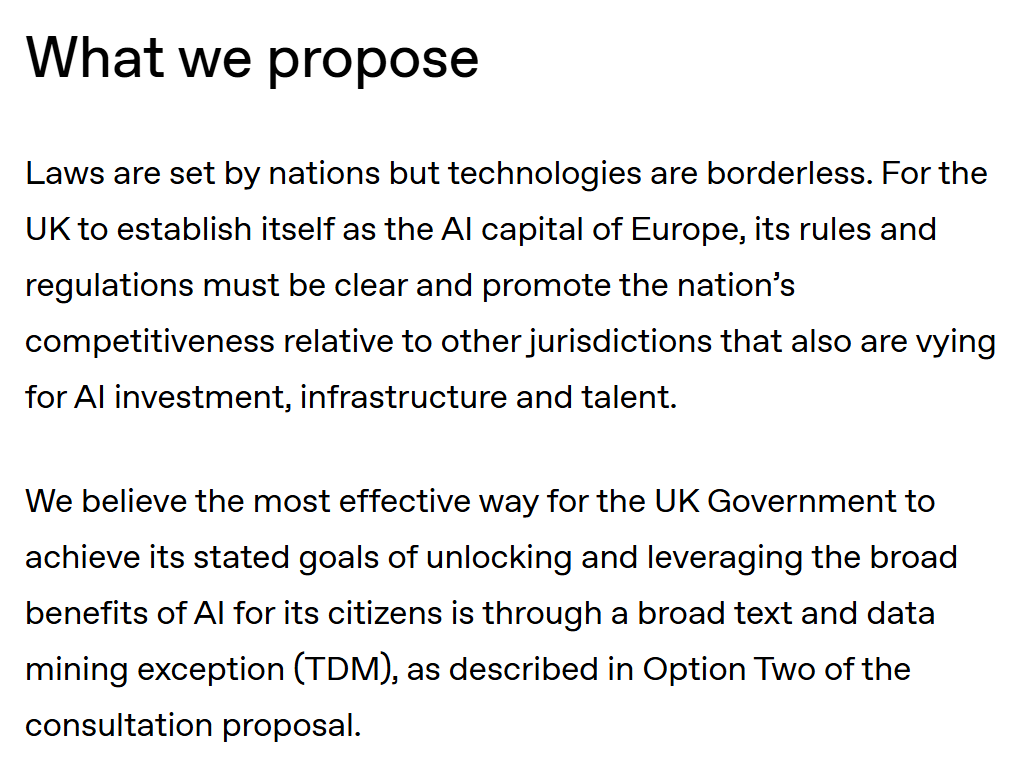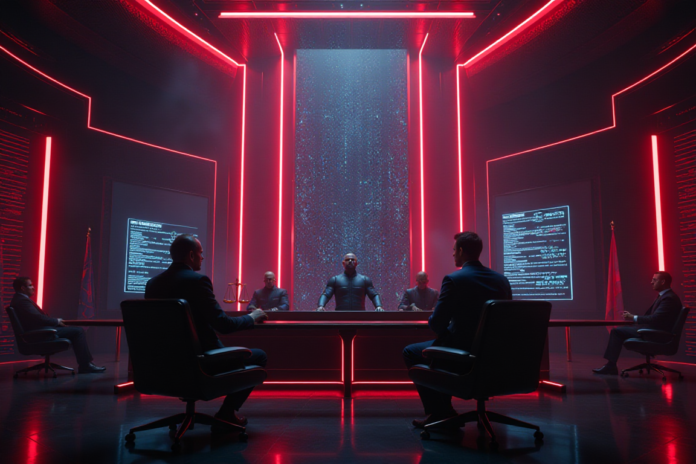It’s uncommon for authorized experiences, authorities consultations, and anime-styled selfies to really feel a part of the identical story – however the previous couple of days, they do.
Its core message? Human creativity stays the muse of US copyright regulation – and AI-generated materials, by itself, doesn’t qualify.
The Workplace was unambiguous. Prompts alone, irrespective of how detailed or imaginative, usually are not sufficient. What issues is authorship, and authorship should contain human originality.
If an individual curates, edits, or meaningfully transforms an AI output, that contribution could also be protected. However the machine’s output itself? No.
In observe, because of this somebody who generates a picture utilizing a textual content immediate seemingly doesn’t personal it within the conventional sense.
The report outlines three slender situations during which copyright would possibly apply: when AI is used assistively, when unique human work is perceptibly included, or when a human selects and arranges AI-generated parts in a inventive manner.
Sounds beneficiant in some methods, however the truth stays that courts have constantly rejected copyright claims over purely machine-made works, and this report affirms that place.
However simply as that line was being redrawn in Washington, OpenAI was urging lawmakers within the UK to take a unique path.
On Wednesday, the corporate submitted its formal response to the UK authorities’s AI and copyright session.
OpenAI argues for a “broad textual content and knowledge mining exception” – a authorized framework that will enable AI builders to coach on publicly obtainable knowledge with out first looking for permission from rights holders.

The thought is to create a pro-innovation atmosphere that will entice AI funding and improvement. In impact, let the machines learn all the things, until somebody explicitly opts out. It’s a stance that places OpenAI firmly at odds with many within the inventive sector, the place alarm bells have been ringing for months.
Artists, authors, and publishers see the proposed exception as a backdoor license to scrape the net, turning years of human work into gasoline for algorithmic engines.
Critics argue that even an opt-out mannequin locations the burden on creators, not corporations, and dangers eroding the already fragile economics {of professional} content material.
Chucked into this copyright melting pot was the discharge of a new research this week from the AI Disclosures Venture, which claims that OpenAI’s latest mannequin, GPT-4o, exhibits a suspiciously excessive recognition of paywalled content material.
And all of this got here on the heels of a way more public – and wildly in style – instance of AI’s blurred boundaries: the Studio Ghibli pattern.
Over the weekend, OpenAI’s picture generator, newly improved in ChatGPT, went viral for its potential to remodel selfies into Ghibli scenes – regardless of the studio’s co-founder publicly stating he hated AI again in 2016.
it’s tremendous enjoyable seeing individuals love pictures in chatgpt.
however our GPUs are melting.
we’re going to briefly introduce some charge limits whereas we work on making it extra environment friendly. hopefully gained’t be lengthy!
chatgpt free tier will get 3 generations per day quickly.
— Sam Altman (@sama) March 27, 2025
A profession distilled right into a immediate. Or is AI creativity actually blooming within the public consciousness?
Governments, regulators, tech corporations, and creators are all scrambling to outline the principles – or bend them – to get the higher of this debate.

